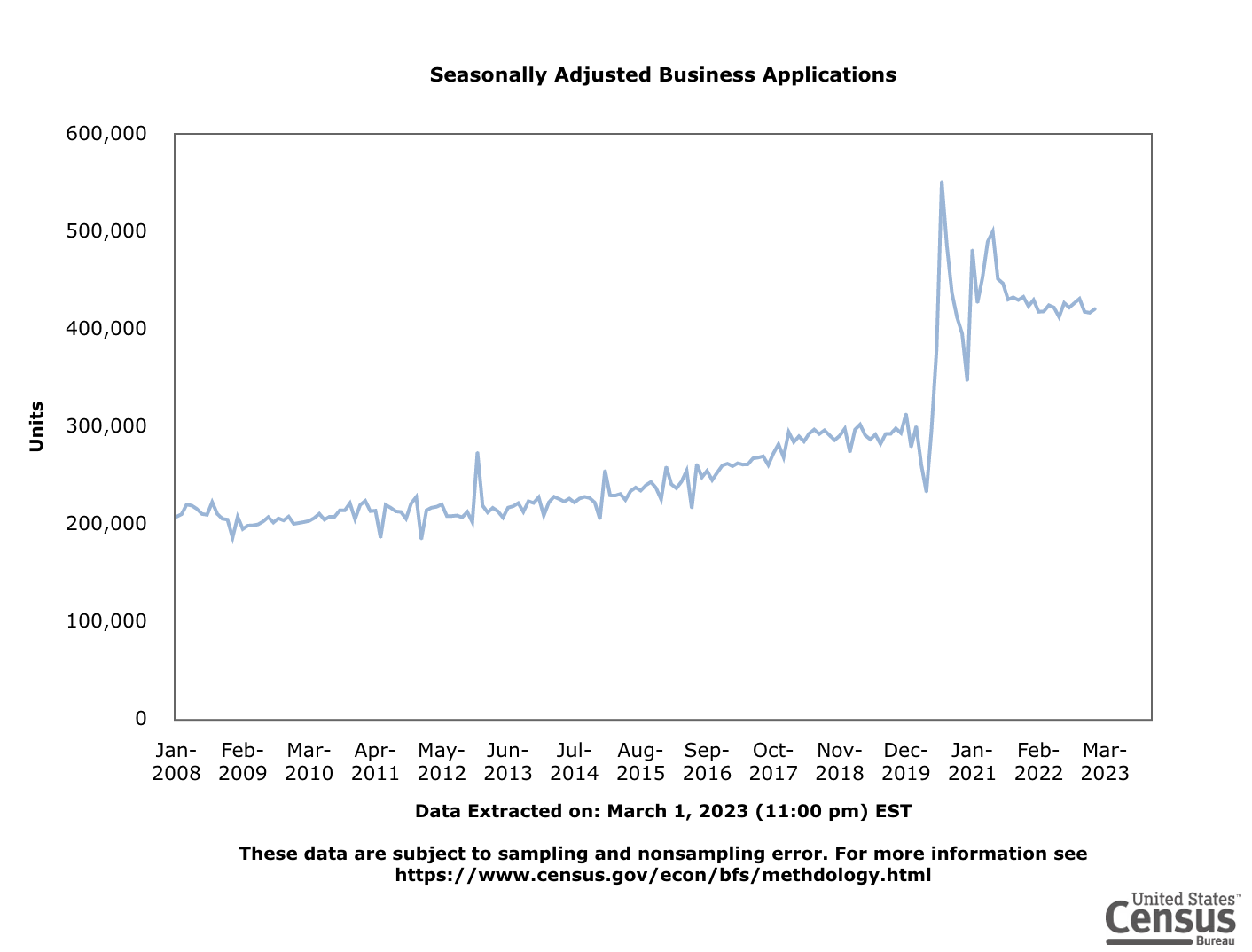If your company has recently started doing business in New Mexico, you may need to register for sales tax with the state's Taxation and Revenue Department. Sales tax registration is required for businesses that sell tangible personal property or taxable services in the state.
How to get a New Mexico Sales Tax License
There is one sales tax setup task you may need to complete in New Mexico to get your sales tax licence. You can follow the guide below to help you get registered directly with the New Mexico agencies or use Mosey to do it.
Use Mosey to register for sales tax in New Mexico.
Avoid the manual work and headache of registering with state agencies yourself. Automate it with Mosey and stay compliant.
New Mexico Gross Receipts Tax Setup for LLP, Corporation, LLC
New Mexico imposes a Gross Receipts Tax (GRT) on your total gross receipts in place of a sales tax when engaging business in the State. Engaging in business means carrying on or causing to be carried on any activity for direct or indirect benefit. When lacking a physical presence in the state (marketplace provider or marketplace seller), engaging in business means having at least $100,000 of taxable gross receipts in the previous calendar year. If you sell through a marketplace, you and the marketplace provider (e.g., Amazon or Etsy) will have gross receipts from the sale and pay GRT on those receipts. A deduction, however, is available for marketplace sellers that sell through marketplaces when the provider pays the gross receipts tax. If you are subject to Gross Receipts Tax you must register with the New Mexico Taxation and Revenue Department for a Gross Receipts Tax account. Note: SaaS is considered a taxable service in New Mexico. The receipts for 501(c)(3) and 501(c)(6) nonprofit organizations are exempt from GRT, unless the receiving unrelated business taxable income. Nonprofits are required pay a vendor’s passed along gross receipts tax when purchasing tangible personal property, unless they provide a nontaxable transaction certificate (NTTC) to the vendor.
Register for a Gross Receipts Tax Account
Visit Taxpayer Access Point (TAP) and select "Apply for a New Mexico Business Tax ID" to register for a Gross Receipt Tax account.
New Mexico Sales Tax Filing Requirements & Deadlines
There is one sales tax filing requirement & deadline you may need to complete in New Mexico. You can follow the guide below or use Mosey to do it.
New Mexico Gross Receipts Tax Return for LLC, LLP, Corporation
Newly registered businesses are typically assigned by the Taxation and Revenue Department as monthly filers. Note: Monthly filers with $200 or less in average combined monthly tax liability may apply to file quarterly or semiannually with the Department by filing a Business Tax Registration Application and Update (Form ACD-31015) online using the Taxpayer Access Point (TAP) Platform. The receipts for 501(c)(3) and 501(c)(6) nonprofit organizations are exempt from GRT, unless the receiving unrelated business taxable income (income from activities outside of the nonprofits purpose).
File Gross Receipts Tax Return
Log in to your TAP account to file Gross Receipts Tax (GRT) returns.
Pay Gross Receipts Tax
After filing your GRT return, you will have the option to pay your GRT balance.




